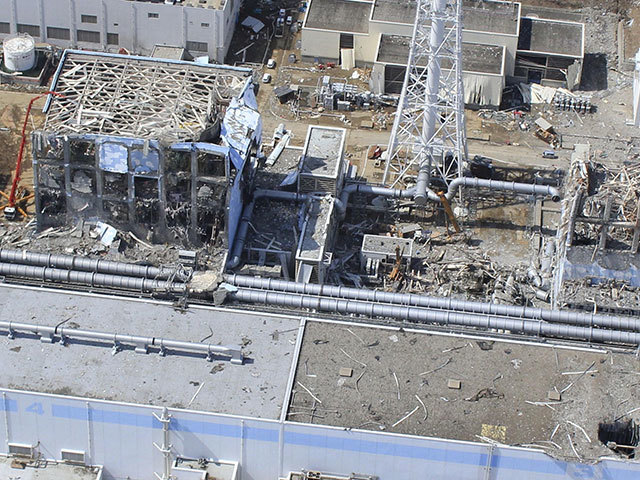
A court has ruled that a nuclear reactor in southwestern Japan should not operate because it is too close to an active volcano and could be affected by a major eruption.
The injunction ordered by the Hiroshima high court is likely to force the unit three reactor at the Ikata nuclear plant in Ehime prefecture to stay offline after its regular inspection ends in February.
The court said the nuclear regulators’ risk estimate for Mount Aso, 78 miles southwest of the plant, was inadequate, citing a past eruption tens of thousands of years ago that caused pyroclastic flows that exceeded that distance.
Judge Tomoyuki Tanoue ruled that the plant’s operator, Shikoku Electric Power Co, had underestimated the potential impact of a cauldron explosion at the volcano, and said the possibility of a pyroclastic flow and ash reaching the reactor is “not small enough”.
The judge said the Nuclear Regulation Authority’s safety approval of the reactor was “irrational” and that the lives of the plaintiffs could be endangered by radiation in the event of a major accident.
The decision reverses a lower court ruling and upholds the plaintiffs’ request for an injunction through September to protect the safety of residents while their lawsuit demanding a permanent shutdown is pending.
A higher court decision carries a greater legal weight, and the ruling could result in nuclear operators having a greater burden in proving the safety of their reactors.
Hiroyuki Kawai, a lawyer representing the plaintiffs, welcomed the decision as a victory.
An extended closure of unit three would be a major business loss for Shikoku Electric, and the utility said it will appeal against the decision.
The utility had earlier decided to decommission the 40-year-old Unit 1 reactor, while the Unit 2 reactor has been shut down since the 2011 Fukushima nuclear plant disaster triggered by a massive earthquake and tsunami.
All operating reactors in Japan were temporarily stopped for safety checks after the Fukushima accident.
Five reactors, including Ikata number three, have since resumed operation under a tougher post-Fukushima safety standard, with seven others in the final stages of restarting.
Dozens of lawsuits and injunction requests have been filed across Japan over safety concerns since the Fukushima disaster, slowing down a government push for more reactors to be operated.
Premier Shinzo Abe’s pro-business government wants nuclear power to remain a key component of the energy mix for resource-poor Japan.
Recommended for you
